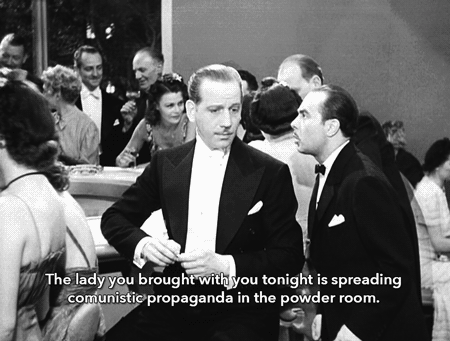From former MoJo-er Michael Scherer’s Swampland post yesterday, explaining why the McCain campaign thinks the race is getting closer:
On a brief jump flight from Philadelphia to Scranton, McCain adviser Charlie Back and Kansas Sen. Sam Brownback came back to talk up the campaign’s conviction that the glass if half full. “Four years ago at this point, George W. Bush was down five points in Iowa,” Brownback said. “Today John McCain is down one point in Iowa.”
He was sighting an unreleased internal McCain campaign poll of the state, which was completed last Thursday, said Black. (The campaign stopped doing its own polling after Thursday, he added, because television time through the election all had to be purchased by Friday.) However, public polls in Iowa suggest that McCain is still in a big hole. Last week, the Des Moines Register poll, which has a good record of prediction in that state, put McCain’s deficit at 17 points, with Barack Obama garnering 54 percent of the support.
“McCain is in a good position to win every red state,” Black said. “Plus he is probably going to win Pennsylvania and Iowa.” Polls have narrowed sharply in Pennsylvania in recent weeks, though Obama still has a sizable lead of 7 points in the Real Clear Politics average. Black said he had seen a poll recently that showed McCain tied in the Philadelphia suburbs, a crucial swing region of the state.
This isn’t the first time Charlie Black has assured reporters on the campaign plane that the race was closer than it appeared. Note this, from Michael Lewis’ November 25, 1996, New Republic article on the last four days of the Dole campaign:
On one of the shorter hops between cities, one of Dole’s better-known strategists, Charlie Black, rides in the press plane. Black was the brains behind Phil Gramm’s presidential bid, which set new records for dollars expended per vote. Now he takes his new place in one of the big seats up front and waits until there’s about twenty minutes left before wandering back to do business. He sits immediately behind me so that if I swivel in my seat I can look over the fine bristles of his carefully groomed hair and the clean press of his madras shirt. Everything except the expression on Charlie Black’s face says that he is on his way to a country club social. His expression tells you that, whatever he’s about to do, he can hardly wait until it is over.
Joylessly Charlie announces that we are all deluded in thinking that Clinton is ahead in the polls; the true poll numbers show that Dole is gaining in popularity three percentage points a day and there is nothing Clinton can do about it. “They’re in a desperate gambit to turn out their base because they see the election slipping away from them–and it is,” he says, with total certainty.
This sort of behavior has become routine in the Dole campaign; indeed, from the beginning the Dole people have preferred to insult your intelligence than to craft more plausible lies. The disjuncture between the persona of the candidate (straight talker) and the behavior of his campaign (big liars) dates back to the very start of the primaries. At the same time that Dole was presenting himself as a force for decency his campaign was spending millions of dollars on push polls. When asked about them, the Dole campaign told reporters that Forbes and Buchanan were hiring pollsters to slander themselves, so that they could accuse the Dole campaign of dirty tactics. They kept this up for several weeks, even after they were told to stop by the Republican National Committee. Dole’s attitude seems to have been: whatever these people I’ve hired do in my name is not my responsibility. He never seems to have realized there’s a problem with selling honesty dishonestly.
And so now Charlie Black has been sent back to tell the journalists not merely that the election is tightening but that Clinton is clearly doomed. ” Do you think that Clinton has even a chance of winning?” I ask, in an attempt to enter into his mood. “Oh, he has a chance,” says Charlie, dubiously.



